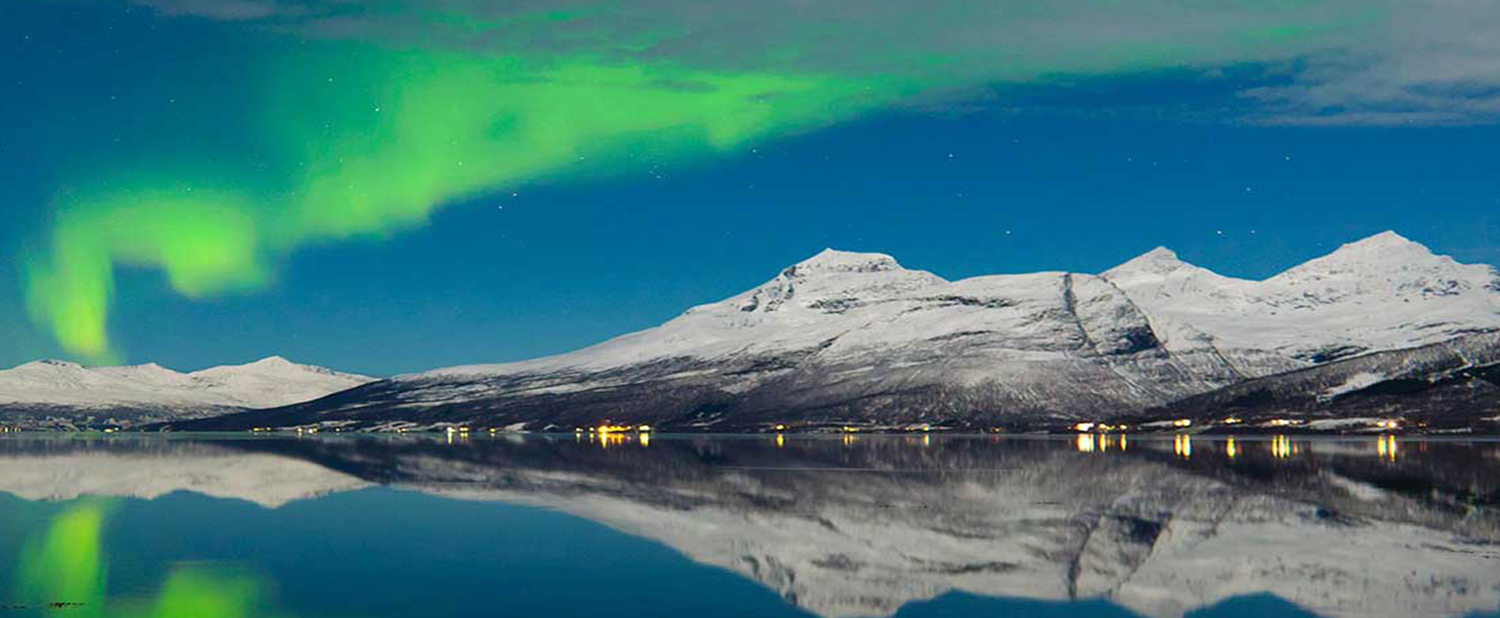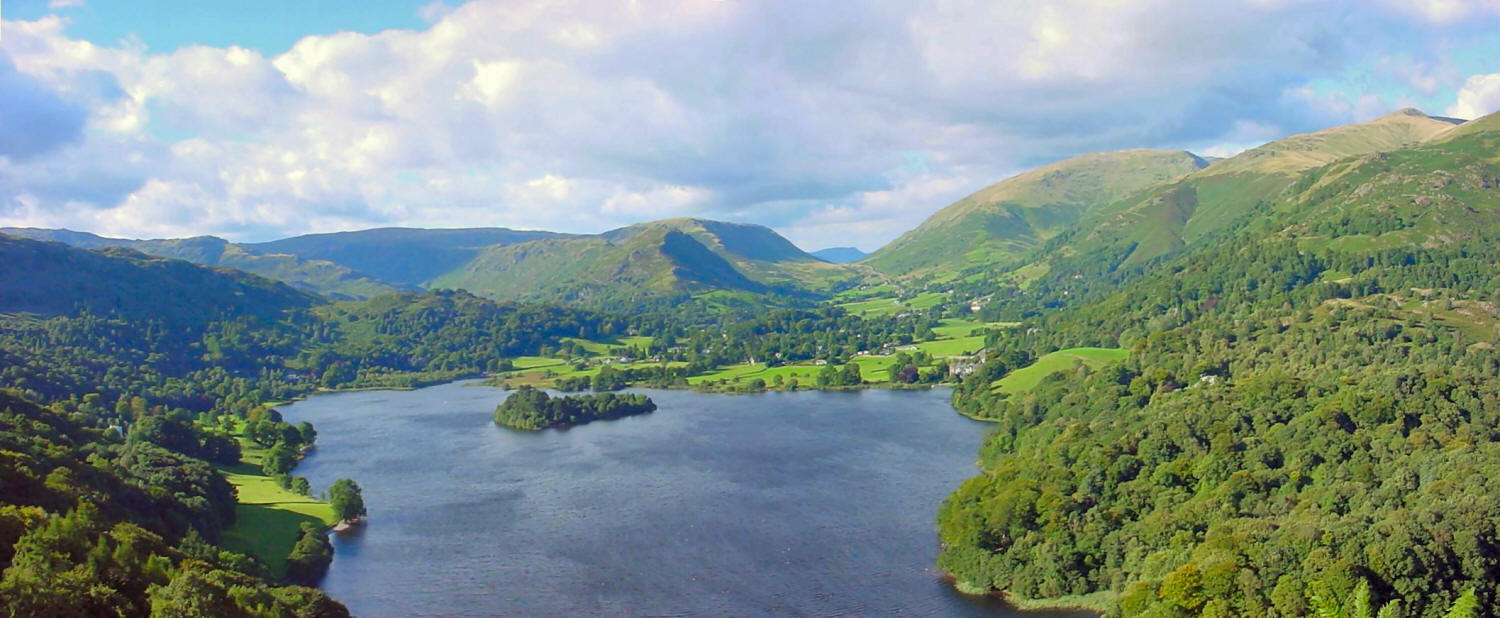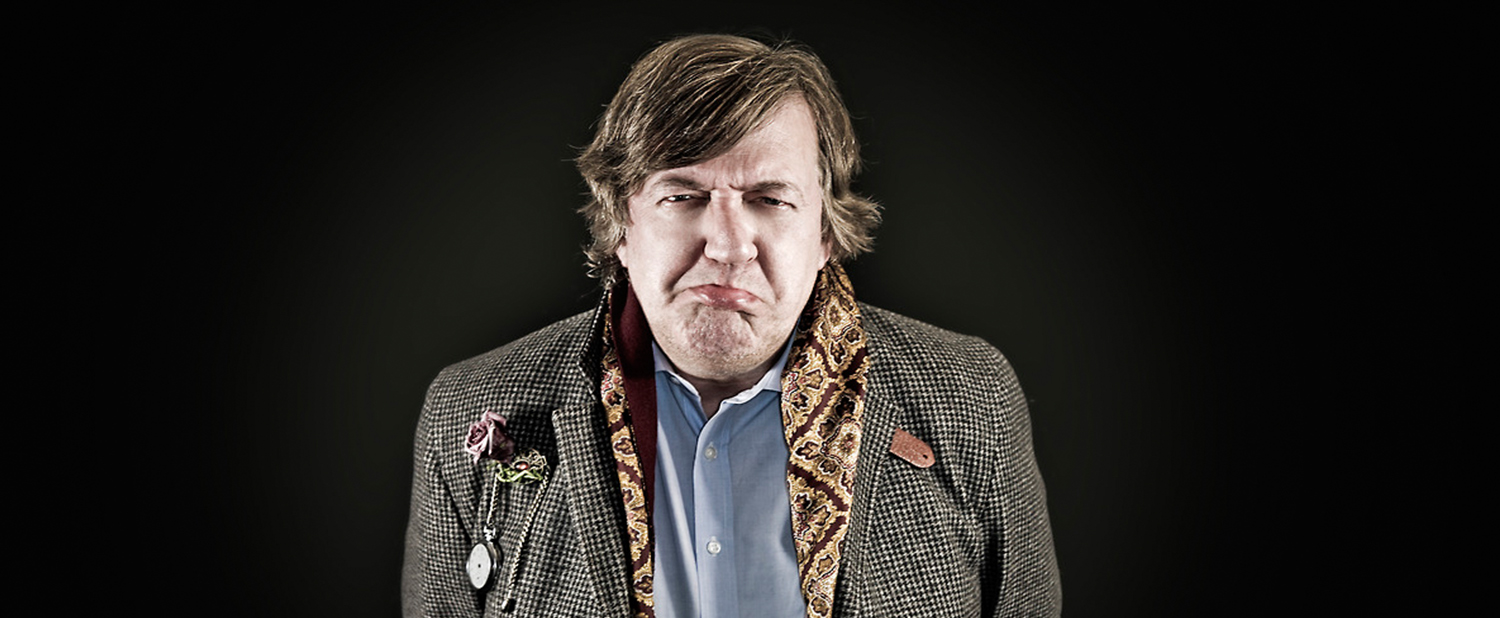Offsetting, mitigating environmental damage... or in other words, selling nature.
The UK Government is set to pilot a scheme that claims the destruction of ancient woodland would be "highly unlikely" but does that go far enough ?
We don't hide that fact that here at Straw Jonny we care a great deal about our environment. It was something we founded our business on, but a business no matter how big or small can only do so much.
A government can do a great deal for the environment. Take for example Sweden which set incredibly high and very strict standards concerning their environment. The result is a sense of harmony and ingenuity with nature, like the city of Malmo which is completely run by bio-fuel. But if you were to suggest offsetting some picturesque woodland area to be built upon then you would be more or less inviting yourself for a rather large lynching probably with sustainably sourced weapons.
In contrast the UK government is looking into speeding up its ye olde planning process and this means knocking down a few "barriers"... these "barriers" of course being anything that remotely looks like a tree, is generally green or in fact just simply alive. But don't worry! Alas they have a viable one stop solution... where nobody loses out especially the birds and the bees.
The idea is that when a woodland area is sold off and destroyed or a pond gets tarmaced over, a little like King Richard III was, then we simply create some more nature elsewhere. So with the greatest sarcastic intent we ask ourselves how good is that?
The scheme aims to ensure that when a development causes unavoidable damage to biodiversity, "new, bigger or better nature sites will be created".
To what standard is better? No really... It's a legitimate question. Is there a super secret scoring system? And bigger? But bigger isn't always better. What worries us here is that in the end planning applications could be accepted because there is a promise that small nature sites would be extended just a little to offset from the destruction of something highly valuable elsewhere. Or removing nature sites in built up and more urban areas where any amount of nature is valuable to then replant and recreate them in the lake district or the peak district.
At the moment there is a patch work like environment where we have nature sites in small, large and unusual places.. All with character and charm. But instead we can picture new "offset nature sites" that look exactly the same... all the trees in nice little rows and a separation of certain plant species, how can that be nature when it is so unnatural.
And he added that it would be appropriate for a replacement site to be "about an hour away by car".
In the heart of West Yorkshire "about" one hour away could (on a good day) mean the difference of going east to Hull or west to Manchester. The benefits of a replacement may not be as local as the original nature site was. Some nature sites are more important to people because they are local, where they can go for a walk, a run or just to frolic around. This becomes rather pointless if they have to walk, run or frolic a stupid amount of miles to get there.
So it isn't as simple as they claim it to be to in recreating nature elsewhere. Because in the more natural sense nature is far more complex and can never truly be recreated. It's more than trees and shrubs, what about the plants, insects and animals in a delicate ecological balance. Do they get housed in temporary accommodation like a grand Big Brother contest whilst someone gets round to the offsetting?
It's our belief that we all need some nature around us and how can this be better, when for the majority of us it could simply become inaccessible. What's more one of the most important things of promoting nature right now is to help our atmosphere. Trees take out carbon dioxide and that's a good thing, driving an hour to get to look at the tree rather negates the benefits.
So thus hearing Mr Patterson's comments, we whole heartedly disagree with him. As a company that provides social media as much as we do like Twitter and love Stephen Fry, we want to have tweets in our lives that come from things with wings as well as buzzes from our phone when he posts an update.
Quotes: Owen Paterson MP - Secretary of State for Environment, Food and Rural Affairs







